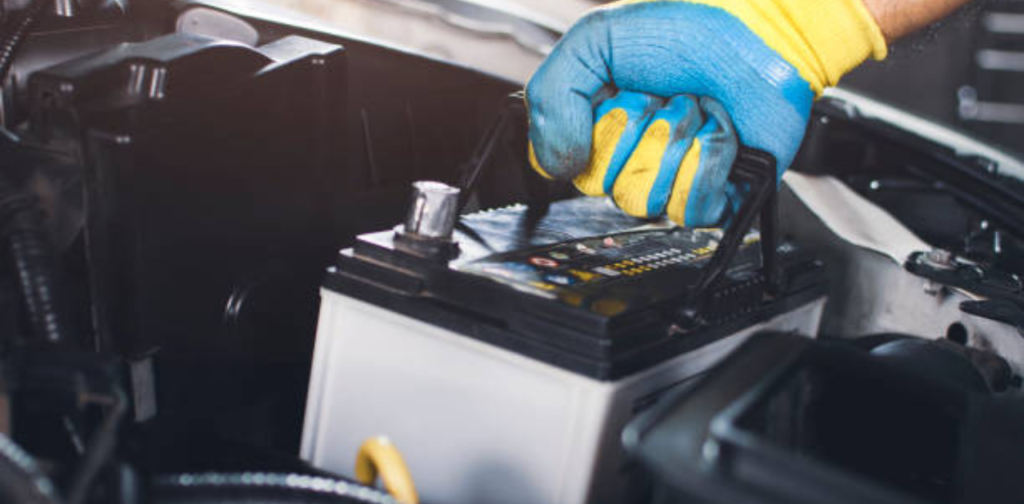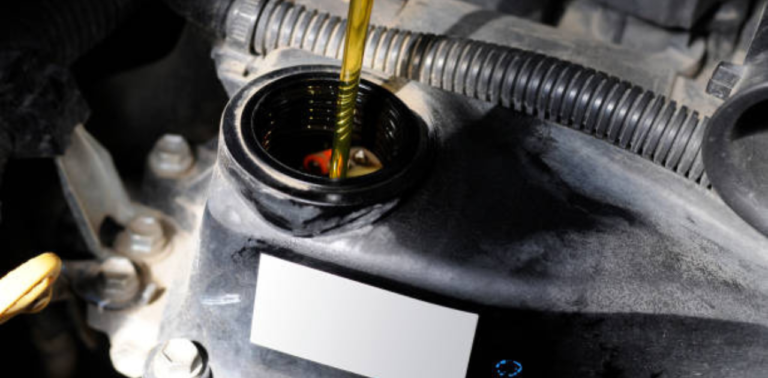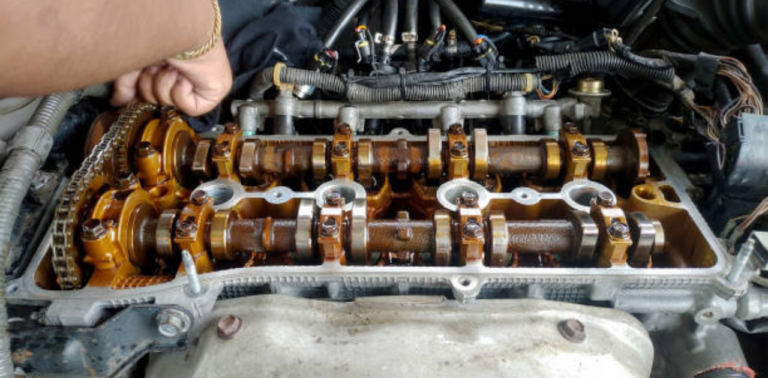12 Signs of a Bad Engine: How to Recognize Engine Troubles Early?
When it comes to your vehicle, the engine is the heart and soul that keeps it running smoothly. However, engines, like any other part, can face issues over time. Recognizing the signs of a failing engine early on can save you from costly repairs and ensure the longevity of your vehicle.
In this article, we will discuss 12 Signs of a Bad Engine that your engine might be in trouble. Being proactive and addressing these signs promptly can prevent more extensive damage to your engine and ultimately extend the life of your vehicle.
1. Strange Noises:
One of the most common signs of a failing engine is unusual noises. If you hear knocking, pinging, or banging sounds, it could indicate internal issues within the engine. These sounds can be a sign of worn-out engine parts or improper combustion.
2. Excessive Smoke:
Excessive smoke emitting from your exhaust is a clear indication of engine trouble. Different colors of smoke can signify various issues. For instance, blue smoke suggests burning oil, white smoke may indicate a coolant leak and black smoke often points to an overly rich fuel mixture.

3. Decreased Fuel Efficiency:
If you notice a sudden drop in your vehicle’s fuel efficiency, it could be due to a poorly performing engine. The engine has to work harder when it’s struggling, resulting in increased fuel consumption. Monitoring your fuel efficiency can help you catch engine problems early on.
4. Engine Stalling:
Experiencing frequent engine stalls, especially when idling or at low speeds, is a definite red flag. This could be a sign of various issues like a faulty sensor, fuel system problems, or ignition issues. Immediate inspection and diagnosis are crucial.
5. Unpleasant Odors:
Strange smells coming from your engine or exhaust can also be signs of a failing engine. A sweet smell could indicate a coolant leak, while a burning odor might signify an oil leak. Ignoring these odors can lead to severe engine damage.
6. Warning Lights on the Dashboard:
Modern vehicles are equipped with sophisticated warning systems. If you see the check engine light, oil pressure light, or any other warning lights on your dashboard, You must immediately have an expert inspect your engine. Ignoring these warnings can lead to severe damage and costly repairs.
7. Lack of Power:
A noticeable lack of power during acceleration or when climbing hills could mean your engine is struggling. This could be due to worn-out components, fuel delivery issues, or compression problems within the engine.

8. Engine Overheating:
Consistent engine overheating is a critical sign of engine distress. This may be due to a malfunctioning cooling system, a faulty radiator, or a failing water pump. Addressing engine overheating promptly is vital to prevent extensive engine damage.
9. Oil Contamination:
Inspect your engine oil regularly. If you notice a milky appearance, it indicates coolant mixing with the oil, which can result from a damaged head gasket or a cracked engine block. Address this issue immediately to prevent further damage.
10. Vibrations and Shaking:
Feeling unusual vibrations or shaking while driving could imply engine issues. These vibrations could stem from misfiring cylinders, imbalanced components, or worn-out engine mounts. A thorough inspection is necessary to pinpoint the problem.
11. Difficulty Starting the Engine:
If your engine struggles to start, it might be a sign of a failing starter motor, ignition switch, or other electrical problems. Ignoring this issue can leave you stranded and lead to further engine complications.

12. Excessive Exhaust Emissions:
Lastly, if you notice an increase in the amount of exhaust emissions, it could indicate a failing engine. Excessive emissions often result from combustion problems within the engine, which require immediate attention and diagnosis.
Identifying these signs early and seeking professional assistance for engine issues can save you time, and money, and potentially extend the life of your vehicle.
Conclusion:
Maintaining a keen eye on your vehicle’s engine health is fundamental to ensuring its longevity and optimal performance. The 12 signs of a failing engine discussed in this article – from unusual noises and excessive smoke to difficulty starting and increased emissions – are critical indicators that should never be ignored.
Regular checks, prompt action, and seeking assistance from a qualified mechanic at the first sign of trouble can make all the difference. Early detection and addressing engine issues can save you from extensive damage, costly repairs, and unexpected breakdowns on the road. Invest in your vehicle’s well-being by staying vigilant and addressing any engine concerns promptly.

1. What are the signs of a bad engine oil?
Symptoms of bad engine oil:
· Unusual engine noises
· Thick, dark, or gritty oil on the dipstick
· Burnt or unpleasant odor
· Decreased fuel efficiency
2. What problems can low oil cause?
Problems low oil can cause:
· Reduced lubrication leading to increased friction
· Overheating and potential engine damage
· Inadequate protection for engine components
· Increased wear and tear on the engine
3. How do you check engine oil quality?
Checking engine oil quality:
· Check the oil color (should be a clear, amber color)
· Assess the oil level using the dipstick
· Rub oil between fingers to check for grittiness or debris
· Smell for any unusual or burnt odors
4. Will low oil stop a car from starting?
Yes, extremely low oil levels can cause engine components to seize, preventing the car from starting.






